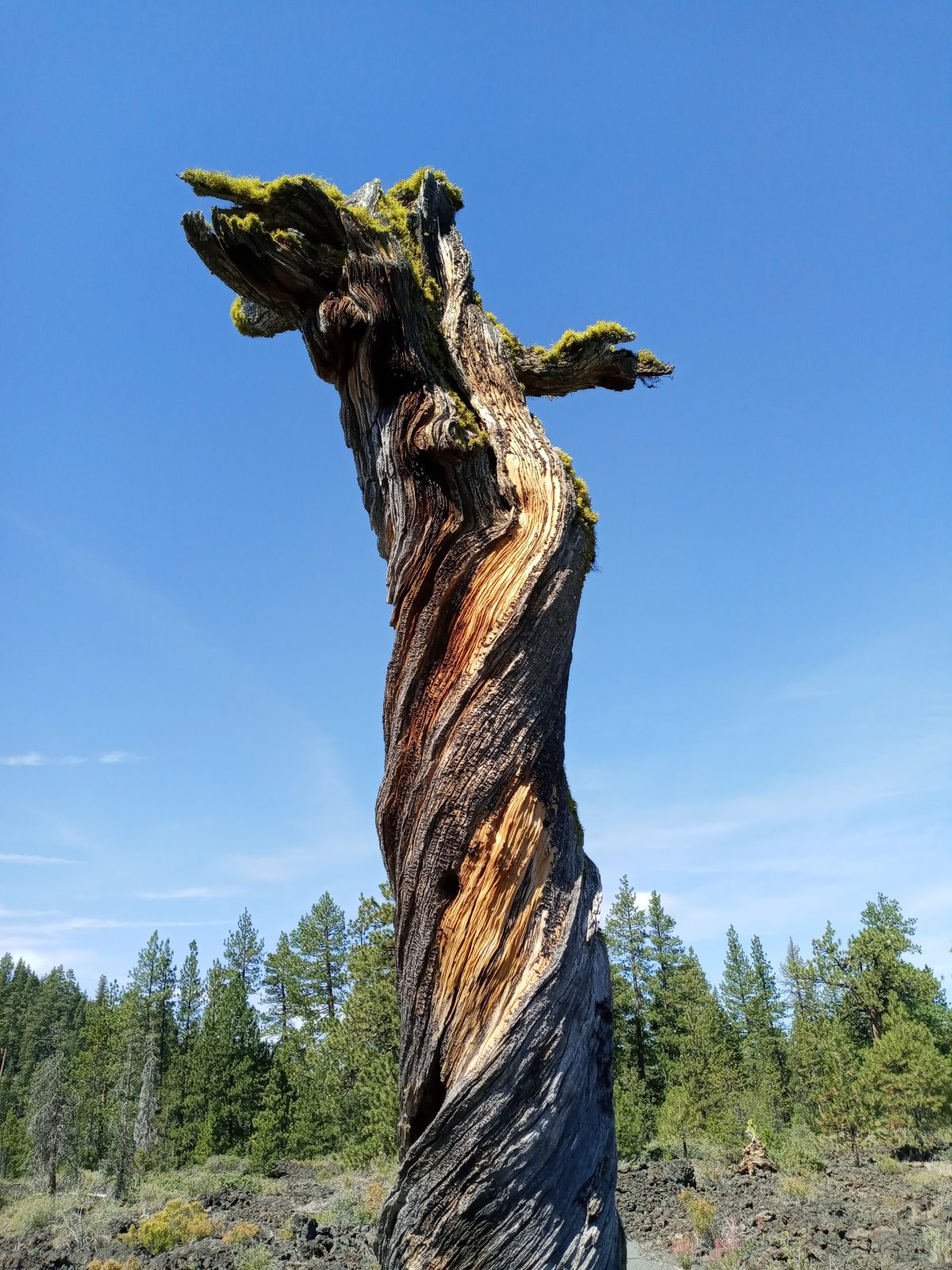Obtaining an opinion of counsel is a way to help defend yourself in a later patent infringement dispute. In the most general sense, opinions help demonstrate that you acted in good faith at the time. In court, an opinion can be used for an advice of counsel defense against charges of active inducement of infringement or willful infringement, and to rebut demands to pay the other side’s attorney fees because the case is “exceptional”. A finding that infringement was willful can lead to enhanced damages (up to 3x). And the patentee’s attorneys fees can be considerable. So an opinion can help limit exposure.
Opinions are not required. By statute, failure to obtain an opinion of counsel, or to rely on one at trial, cannot be used against the accused infringer to prove willfulness or inducement. It is up to an accused infringer to decide if the burden of obtaining an opinion is worthwhile or not. So the real question become: what circumstances make an opinion worthwhile? Below is a summary of some factors to consider when deciding if you should get an opinion. There are grouped into three categories, though the categories do overlap.
In the end, many of these factors are about whether your conduct might be seen (after-the-fact) as having been reckless and therefore unreasonably risky, with an opinion representing the best way to show that your intent was reasonable at the time. More generally, obtaining an opinion can be a key component of overall efforts to develop and implement strategically beneficial legal positions going forward.
Elevated Exposure Risk Factors
Certain circumstances present elevated exposure risks when it comes to patent infringement. In other words, some circumstances make a patent lawsuit more likely or more costly if you lose. These factors include:
- You received a cease & desist or licensing letter from the patentee
- The potential amount of (enhanced) damages is high, such as from high-volume sales
- The potential amount of attorney’s fee award is high, such as if both sides are inclined to fight to the end rather than settle
- There is a particularly high chance of a lawsuit; for instance:
- the patent owner is a direct competitor in a highly competitive industry
- the patent owner is litigious or has been suing many others in your industry for infringement
- you have a history of disputes with the patent owner, even if not necessarily about patents
- the patent owner sued you for infringement in another jurisdiction
- the patent owner is a former vendor you broke ties with to make a similar product yourself
- you hired away an inventor-employee from the patent owner to work on a competing product
- you recently won over a customer, contract, or bid from the patentee
- You believe there is a high probability the patentee will sue and seek a preliminary injunction
Factors Relating to Particular Defenses
Various patent infringement defenses depend on the accused infringer’s state of mind. But many legal questions surrounding patent infringement are complicated. A written opinion by competent legal counsel documents a defense so that it is clear later on that the investigation and legal analysis were sufficient to reasonably rely on. In other words, it makes clear that your defense was not conclusory, superficial, based on inaccurate information, biased, exaggerated, conjured up after-the-fact, or unreasonable. These factors include:
- You want to completely avoid liability for inducement of infringement based on non-infringement (lack of scienter); this often applies when another entity such as a customer or end-user performs steps of a method claim using your product
- You want to rely on an invalidity or unenforceability defense; it is almost never reasonable to rely on the invalidity or unenforceability of an asserted patent without an opinion of counsel because those defenses usually involve complex legal and factual issues, and because patents are presumed valid and overcoming that presumption carries a high burden of proof in court
- Your non-infringement position relies on a particular claim interpretation (rather than the unambiguous and uncontroversial absence of a claim element under its plain and ordinary meaning); for instance:
- non-infringement rests on the interpretation of a “means-plus-function” claim limitation
- non-infringement relies upon a claim interpretation citing dictionaries, technical treatises, or other extrinsic evidence
- you want to rely on something in the prosecution history to inform claim interpretation, such as a prosecution disclaimer or disavowal of claim scope
- you believe the patent owner disclaimed or disavowed something in the patent or acted as his or her “own lexicographer” to define a claim term in a particular way
- differences between products within the claimed technology area are extremely complex, nuanced, or counter-intuitive in general, making proper interpretation prone to error
- the claims would be difficult for an ordinary juror to understand on their face
- Your non-infringement position relies on complex indirect (contributory) infringement, extraterritoriality, or permissible repair issues; for instance, your position implicates the repair/reconstruction doctrine for non-staple-of-commerce goods, implicates manufacturing processes performed abroad on goods later imported, or implicates split or divided infringement issues for method/process claims
- The doctrine of equivalents is a concern; that is, you want to rule out a plausible infringement theory under the doctrine of equivalents where there is no prosecution history estoppel, or you want to confirm that prosecution history estoppel applies to a crucial claim element
Business and Reputational Factors
Other relevant factors are less about the legal basis for defenses but instead have to do with business relationships, company policies, practicalities of technology, and marketplace considerations. These factors include:
- An opinion can evaluate the effectiveness of a “design-around” that changed your planned product configuration to avoid infringement; in other words, the opinion is the culmination of more wide-ranging efforts to avoid infringement
- You want to document your position so that you can better stick to it despite changes in company personnel, corporate mergers, etc.; this also includes documenting your position to avoid unwittingly undoing efforts to “design-around” a patent with subsequent product changes (possibly years later when the reasons for the design-around are nearly forgotten)
- An opinion can help convey technical and legal issues to corporate leaders and decision-makers who lack a deep understanding of the technology or patent law
- Having obtained an opinion of counsel can help provide comfort and a confidence boost to executives and employees who would likely be called to testify in an infringement lawsuit
- You signed a contract that requires you to obtain an opinion of counsel
- You offer an indemnity to a customer, distributor, etc. and want to limit exposure for those others’ activities (which may not be entirely within your control)
- You want to tell customers, distributors, business partners, or investors that you obtained an opinion, in order to reassure them (while withholding the substantive opinion to preserve privilege)
- Establishing a regular policy of obtaining opinions when aware of infringement risks as concrete evidence of a general good faith posture regarding competitor and other 3rd party patents; it may even be what you would expect others to do if your own patent was at issue
- Obtaining an opinion can allow for risk mitigation without limiting action to the most conservative legal position; that is, an opinion can help legal counsel or a legal department devise an acceptable path forward and avoid a reputation for saying “no” to too many business proposals
- You want to limit liability of individual corporate executives or directors in their personal capacity, including for inducing infringement by the corporation or in piercing the corporate veil scenarios
Parting Remarks About Opinions
Opinions of counsel may not be legally required but obtaining them is often still worthwhile. They can provide great evidence to present to a judge or jury in defense against infringement allegations. That is especially the case when relying on an invalidity argument or a particular claim interpretation. Having an opinion provides a fall-back position so that if you are found to infringe you (hopefully) don’t have to also pay punitive damages or the patentee’s attorney’s fees. A non-infringement opinion can also potentially avoid any and all liability for inducement of infringement (if applicable). But any opinion really needs to be in writing and be prepared by competent outside counsel in order to have the best chance of being effective in those respects. Seriously consider obtaining an opinion whenever a potentially problematic patent comes to your attention.

Austen Zuege is an attorney at law and registered U.S. patent attorney in Minneapolis whose practice encompasses patents, trademarks, copyrights, domain name cybersquatting, IP agreements and licensing, freedom-to-operate studies, client counseling, and IP litigation. If you have patent, trademark, or other IP issues, he can help.

